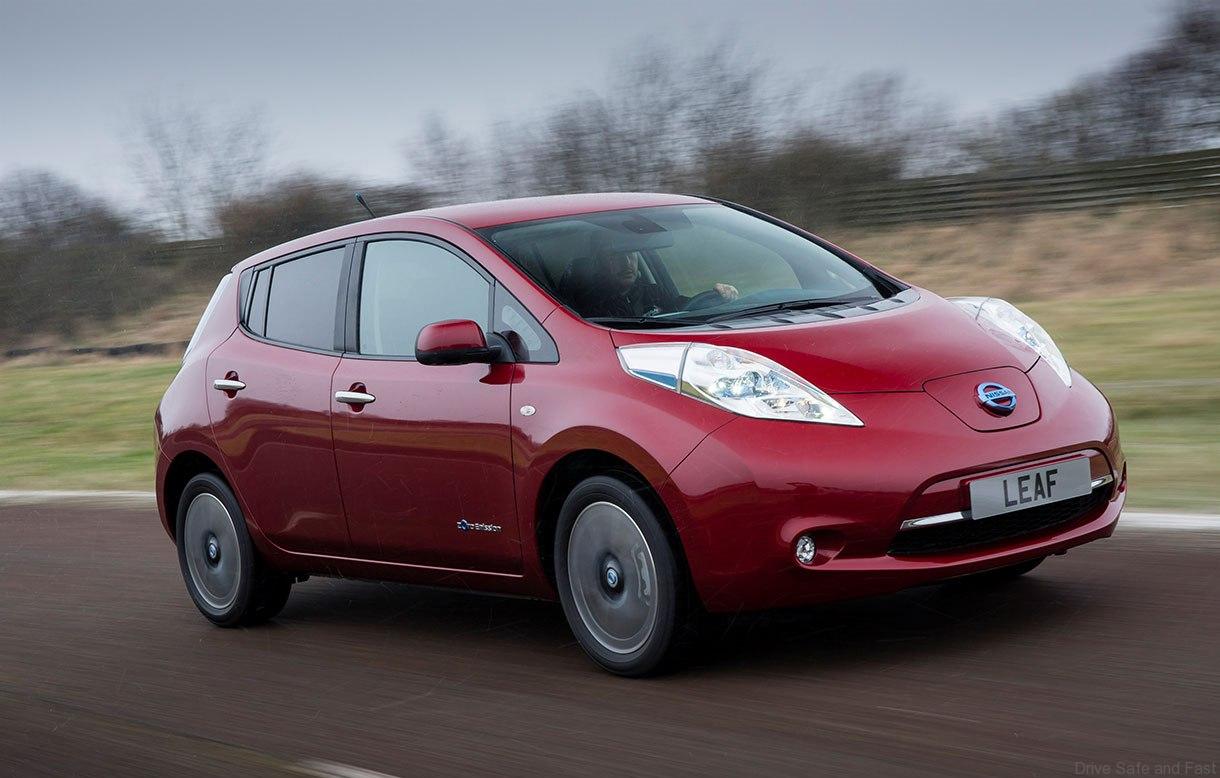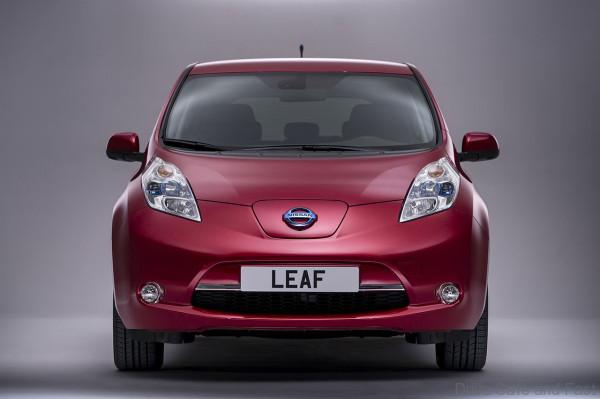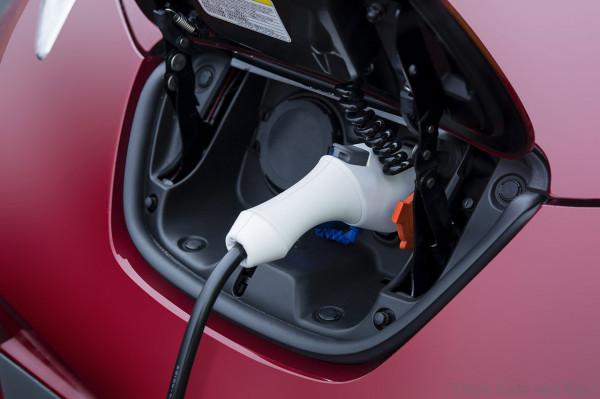Nissan will launch the next generation of the all-electric Leaf in a few years. Now new reports provide a few more details on what we may expect from it. Likely to be introduced in mid-2017, the next-gen Leaf will feature a more capable battery pack in order to extend range capabilities, the biggest concern buyers have when looking at an electric car.
Nissan hasn’t given yet numbers about how much range engineers are boosting for but he specified that EVs must offer at least 185 miles – 100 more than the current Leaf – in order to be considered a viable alternative to gas and hydrogen-powered cars.
Nissan explained making the Leaf stand out visually was necessary a few years ago because EVs were still few and far between on the roads. Four years later an eccentric design is no longer a priority, and the next-gen Leaf could feature a more conventional front-end inspired by Nissan’s current design language. It will retain the current model’s hatchback configuration and boast a floating roof thanks to blacked out door pillars. Nissan’s designers credit Tesla for proving EVs don’t really need to be characterized by an atypical design.
“The current Leaf is aiming too much an EV-like appearance. Tesla doesn’t look EV at all. The Tesla S just looks nice, very sporty, sleek, but very authentic,” said Mamoru Aoki, Nissan brand’s global design chief, in an interview.
For additional details about the next-gen Nissan Leaf we have to wait the months leading up to its debut. Until then, Nissan will continue to update the current model with an improved battery pack that lasts longer in hotter climates and other minor tweaks inside and out.
The technology being developed for the next Leaf will also be found under the skin of an Infiniti EV scheduled to debut well before its Nissan-badged sibling. Details are scarce, but Palmer confirmed the yet-unnamed car will eschew Leaf’s hatchback design in favor of a more conventional three-box body style that will enable it to offer more range thanks to a larger battery pack. The EV will also inaugurate Nissan’s wireless inductive charging system. Infiniti hopes the upcoming EV will enable it to gain a foothold in key markets outside of the United States such as China.








